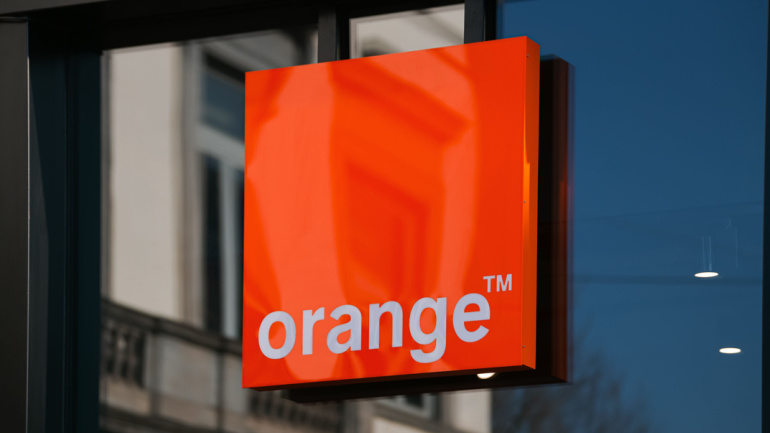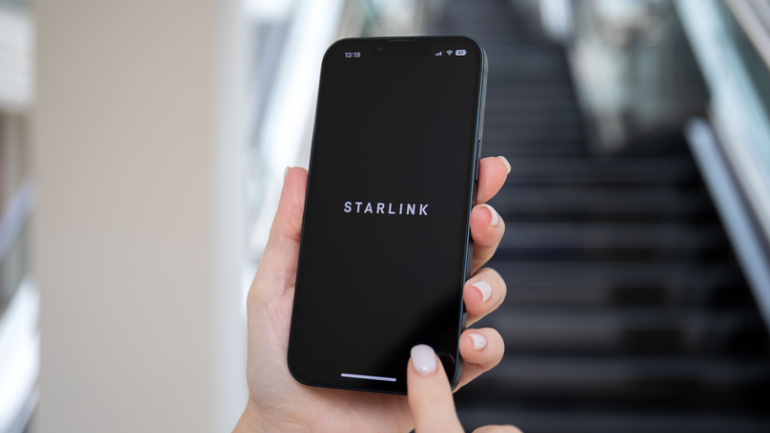Elliott Investment Management criticizes Crown Castle’s underperformance, pushing for an overhaul, including a new leadership team and board. Boldyn Networks activates a ‘small cell’ near King’s Cross, partnering with EE to boost coverage and speed in London. AWS expands Amazon Bedrock with new generative AI features, including leading models, customization options, and safeguards. Windstream’s Kinetic is launching a $32.5 million fiber project in Georgia, partnering with an electric cooperative, aiming to connect 17,000 homes and businesses in Colquitt County.
Mitratel is significantly expanding its telecom mast portfolio with the purchase of 803 towers from Gametraco Tunggal, marking a strategic move beyond Java Island. This $113 million acquisition not only increases Mitratel’s infrastructure landscape but also welcomes 1,327 new tenants. The company’s ongoing investment in fiber optic networks aims to enhance tower operations, and crucially support the anticipated deployment of 5G networks in Indonesia.
Navigating uncharted territory in the telecommunications ecosystem, Stratospheric Platforms Limited (SPL) alongside other UK giants, aims to forge advanced airborne 5G connectivity. With an ambitious endeavor backed by Britten-Norman and Marshall Futureworx, the collaborative effort seeks to birth a High-Altitude Platform with an airborne antenna – a revolution steering us to high-performing 5G from the stratosphere itself. Imagine an unmanned aircraft, fuelled by liquid hydrogen, its vast wingspan of 56 meters and lightweight structure promising flight endurance of over a week.
In the face of declining shares, Vodafone’s bold recovery strategy is underway. The shift from a net profit to a loss has been attributed to several factors including missing operations, adverse foreign exchange movements, and losses from joint ventures. Nonetheless, CEO Margherita Della Valle is leading a restoration plan that includes improving customer service and expanding Vodafone Business.
In a surprising shift, Cellnex decides to offload its private networks niche to Boldyn Networks, refocusing its operations back to its base business of towers. This comes despite previously earmarking the private networks sector as critical for growth and the Superlative successes recorded by Edzcom, the Finnish-based firm that designs and runs 4G and 5G networks. This transition aims to trim the company’s debt. In contrast, Boldyn Networks is ready to capitalize on the promising growth in 5G private networks, projected to hit $109.4 billion by 2030.
Almost half of Britain’s deprived rural areas lack access to 5G, according to a study by Vodafone. Urban communities fare better, but the digital divide remains significant. While this disparity supports Vodafone’s push for a merger with Three to improve coverage, government approval is still pending. Is this research merely a tactic to justify the merger, or does it genuinely highlight the urgent need for connectivity solutions in these regions?
Virgin Media O2’s decision to offload part of its Corneridge UK towers business to GLIL Infrastructure for £360 million marks a key shift in telecom infrastructure ownership. However, this move falls short of industry valuations, indicating price reductions in the investment market. Despite this, VMO2 retains operational and strategic control in this critical asset, striving to enhance 4G connectivity and intensify 5G rollout. This move aligns with the firm’s wider strategy, marking the start of a potentially transformative series of ambitious deals, lightening its footprint while driving growth.
In the recently held Network X event, Orange’s Deputy CEO shed light on their significant fiber expansion and presented an intriguing outlook on 5G’s future, hinting at its potential in achieving the 2040 CSR objectives. Discussing 5G Standalone (SA), she highlighted it as a gamechanger for B2B interactions, fueling varied possibilities. Briefly discussing their triumph at the Barcelona port project, she humbly emphasized the responsibilities that come with connected factories.
UK’s major mobile infrastructure entities have formed the Mobile Infrastructure Forum, aiming to boost wireless connectivity across the UK and improve network rollout efficiency. Meanwhile, industry insiders are lobbying for a smoother operation process, amidst challenges like mast site location and negotiation with landlords.
Intriguingly, SpaceX’s Starlink offers an innovative Direct to Cell feature allowing existing LTE phones to function even in remote locations – a potential boon for those often out of terrestrial coverage. With a rollout plan targeting texts by 2024, and full voice, data, and IoT compatibility by 2025, Starlink seems poised for a breakthrough. While the proposition seems formidable, concerns around possible limitations of Starlink’s proprietary technology remind us advantages of relying on industry best practices. Without disclosed pricing details, we can only anticipate how this venture will fare against other satellite connectivity contenders.













